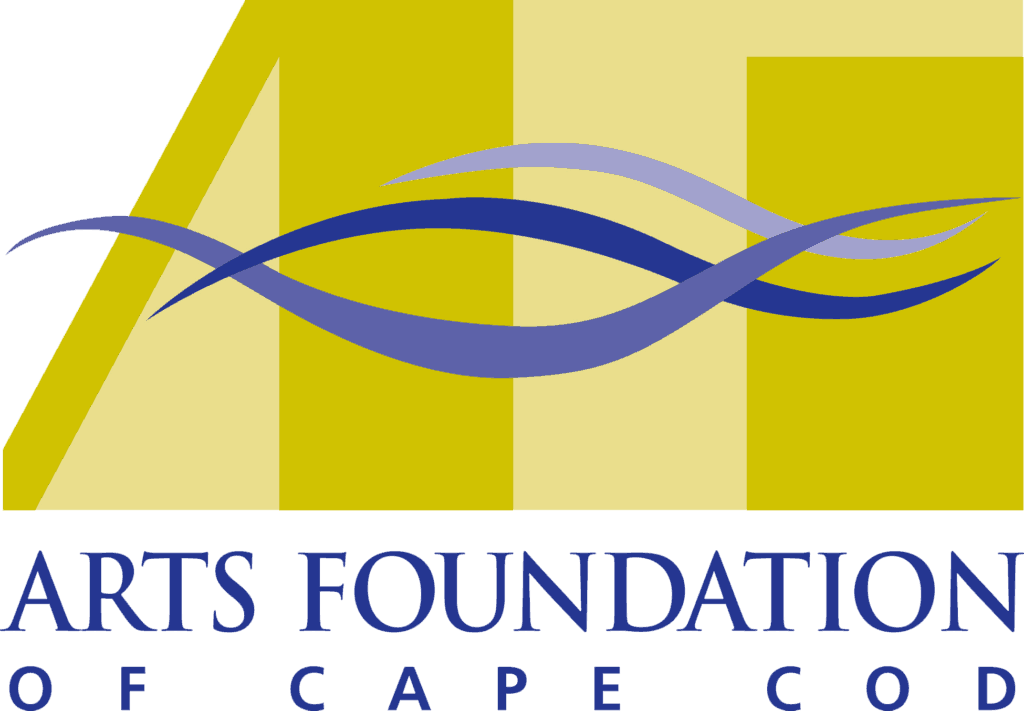FOR IMMEDIATE RELEASE
Media Contacts:
Julie Wake, Arts Foundation of Cape Cod, 508-362-0066, ext. 111, jwake@artsfoundation.org
Kevin Lynch, The Quell Foundation, 561-722-1938, klynch@thequellfoundation.org
Arts Foundation of Cape Cod Partners with The Quell Foundation on Scholarships for Students with Mental Health Diagnoses
 January 22, 2018 (Hyannis, MA) – The Arts Foundation of Cape Cod (AFCC) and The Quell Foundation have announced a partnership to provide scholarships to high school seniors who have either been diagnosed with a mental health condition or who have lost a family member to suicide and who are planning to pursue a college degree in an arts-related field.
January 22, 2018 (Hyannis, MA) – The Arts Foundation of Cape Cod (AFCC) and The Quell Foundation have announced a partnership to provide scholarships to high school seniors who have either been diagnosed with a mental health condition or who have lost a family member to suicide and who are planning to pursue a college degree in an arts-related field.
Both Kevin Lynch, CEO of The Quell Foundation, and Julie Wake, executive director of the AFCC, agreed that the arts have the power to heal, making it a perfect conduit for their two agencies to form this type of a collaboration.
“Art, whether it is painting, sculpture, music, dance or otherwise, has been known to overwhelmingly contribute to one’s psychological well-being,” Lynch said. “Art is therapeutic. Its extremely powerful and restorative qualities are often incorporated in one’s treatment plan and is an effective means for managing and recovering from a mental health illness.”
The AFCC annually grants money for artistic and cultural initiatives on Cape Cod, several of which support those with a variety of physical disabilities and medical conditions. Wake said expanding the AFCC’s influence into supporting those with a mental health diagnosis was a natural fit, particularly in light of recent regional and state statistics pertaining to suicides and drug- and opioid-related deaths.
In 2016, Barnstable County Human Services reported that the suicide rate on Cape Cod and the Islands was 1.4 times higher than the rest of the state. According to the Massachusetts Coalition for Suicide Prevention, suicide is the third leading cause of death in the state for individuals between the ages of 15 and 24.
The Centers for Disease Control (CDC) and Prevention reported a 28.4 percent increase in drug overdose deaths in Massachusetts from 2015 to 2016. In 2016, there were 150 opioid-related deaths in Massachusetts among those between the ages of 15 and 24.
“Suicide, substance abuse, and mental health are very serious issues, not only in Massachusetts, but here on Cape Cod,” Wake said. “It’s imperative the arts play a public role to help deal with these issues, and back the great work that organizations like The Quell Foundation are doing to support people struggling with mental health issues . These scholarships are a step in that direction, shining a light on mental health and showing through our award recipients that there is not only help, but hope.”
As part of the new initiative, the two nonprofits will match funds, providing several scholarships of up to $1,000 each to awardees. Applicants must be a current high school senior living on Cape Cod and have been accepted into an accredited college or university or an arts-specific trade school.
Additionally, applicants must have lost a sibling, parent or caregiver to suicide or must be currently living with a diagnosed mental health condition.
Applications can be found on the AFCC’s website, www.artsfoundation.org. The deadline to apply is Friday, March 30. Scholarship recipients will be notified later this spring and be invited to attend an award luncheon at Gillette Stadium in June.
The AFCC’s mission is to support, promote, and celebrate the arts and culture of Cape Cod. It fulfills its mission by funding grants, fellowships, and scholarships; by advocating for more awareness on the impact the Cape’s creative economy has on our region and beyond; and by building a strong arts community network through membership.
Based in North Falmouth, The Quell Foundation works to reduce the number of suicides, overdoses, and incarcerations of people with mental illness by encouraging people to share their story, increasing access to mental health services, and supporting first responders in recognizing the mental health warning signs among their own.
###

